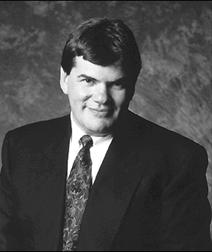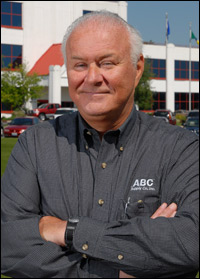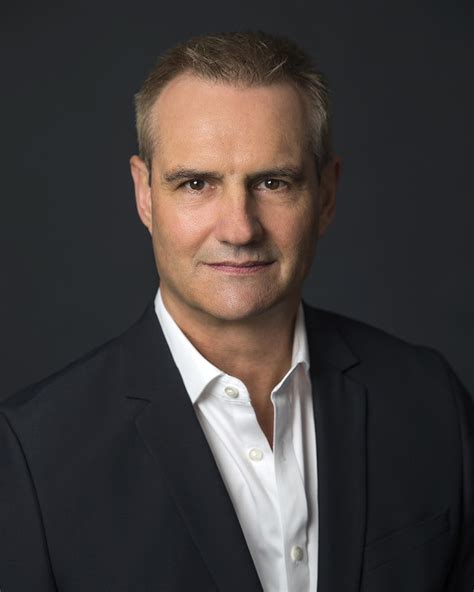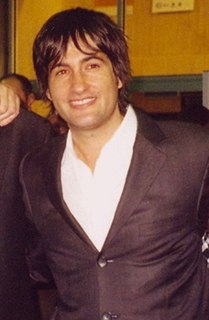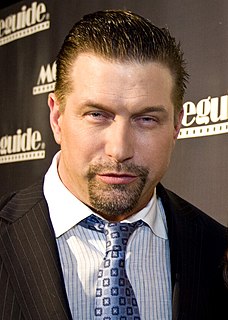A Quote by Bre Pettis
We got involved with the RepRap Project, a community focused on making 3-D printers that could make copies of themselves and help create a world without money. We started making prototypes.
Related Quotes
Today, we see some "file sharing" sites that rely on fans uploading cracked copies of ebooks, and which then make money off those books by charging for downloads (via cash subscriptions or advertising). Again: I take a dim view of this. They're making money off the back of my work without paying me.
I think architecture could be understood as the construction of realities, or the construction of worlds. One of the reasons why architects are often attracted to philosophers, partially, has to do with making sense of the world around us as well as the making of worlds, and in our case, the realities we create can be as real as concrete. These kinds of ideas, of wild imagination, go into the question of how you make a world.
I realize that in a happy life, making your bed should play a very small part, I don't know why this is so helpful to people getting started on a happiness project, but for some reason, making your bed - it's concrete, it's manageable. There's a big difference between having a bed that's unmade and a bed that's made. That little bit of outer order in people's lives seem to help them get started. So, that's a very small thing that you can do.
If you were charged with fixing the U.S. auto industry, how would you do it?
The guys who run the auto companies are out of touch with their customers and their employees. They ride to work in their limousines. They go up in their elevators and lock themselves in their offices. They don't walk out into the plants. They wouldn't even drive in the neighborhoods where their employees live. They give themselves big bonuses when the company isn't making any money. I'd make them get involved with the people who are building the cars. They've got to become real people.




